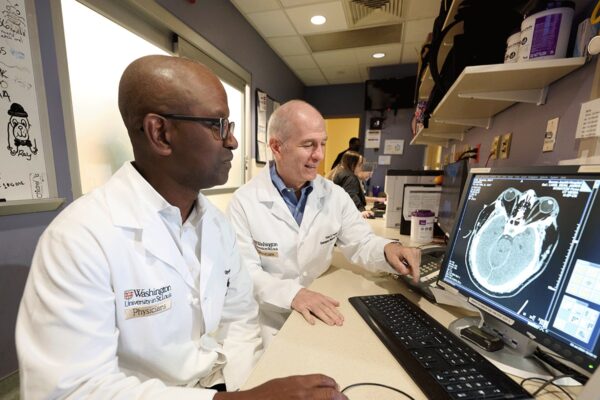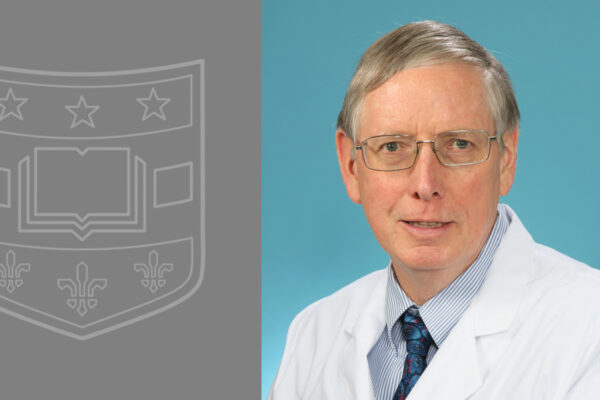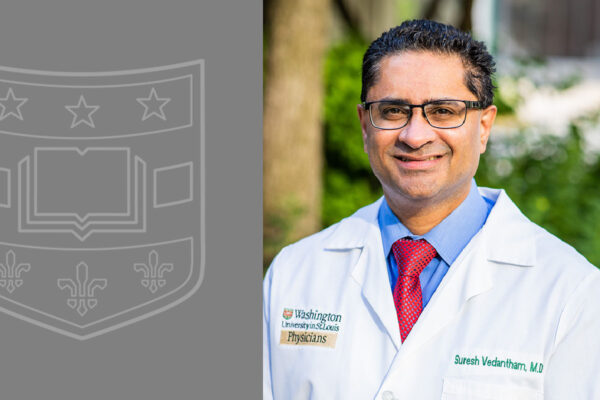25 Washington University members selected for medical honor society
The Alpha Omega Alpha (AOA) Honor Medical Society chapter at WashU Medicine has announced 25 inductees for its Class of 2024.
Strategy evaluated for boosting exercise capacity in heart failure patients
Researchers at Washington University School of Medicine have received a $2.9 million grant from the National Institutes of Health (NIH) to conduct a clinical trial investigating whether inorganic nitrate can improve muscle function and exercise performance in patients with heart failure.
Adding anti-clotting drugs to stroke care ineffective, clinical trial finds
Opeolu Adeoye, MD, head of emergency medicine at WashU Medicine, led a national clinical trial that found two anti-coagulant medications are ineffective at improving post-treatment outcomes for stroke patients.
Harnessing the immune system to heal spinal cord injuries
WashU Medicine researchers have designed, in mice, an approach to minimizing the damage from a spinal cord injury through the use of engineered immune cells.
Self-employment tied to lower health in China
Older Chinese people who transition from wage earners to self-employment report lower self-rated health than those remaining in waged jobs, finds a study from the Brown School at Washington University in St. Louis.
Groves named head of developmental biology
Andy Groves, a leading researcher in the development of the inner ear, will head the Department of Developmental Biology at Washington University School of Medicine in St. Louis beginning in April.
Wahl honored for leadership in nuclear medicine and imaging
The Society of Nuclear Medicine and Molecular Imaging recently presented the 2024 Minoshima-Pappas Transformative Leadership Award to Richard Wahl, MD, a professor of radiology and of radiation oncology at WashU Medicine.
Multiple sclerosis appears to protect against Alzheimer’s disease
WashU Medicine experts in Alzheimer’s disease and multiple sclerosis (MS) find that MS patients are less likely to have amyloid plaques than adults without MS.
Halvorsen elected to officer role with Gerontological Society of America
Cal J. Halvorsen, an associate professor at the Brown School, has been elected vice chair of the Gerontological Society of America’s Social Research, Policy and Practice section.
Vedantham honored for innovation in interventional radiology
Suresh Vedantham, MD, a professor of radiology and of surgery at Washington University School of Medicine in St. Louis, has been awarded the 2024 Leader in Innovation Award by the Society of Interventional Radiology Foundation.
Older Stories









